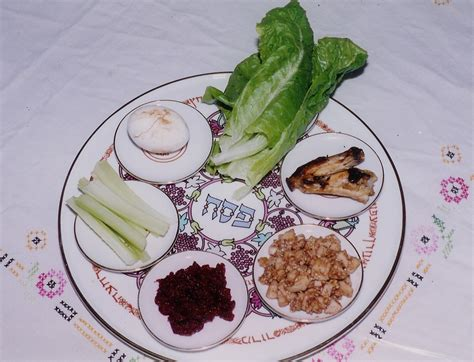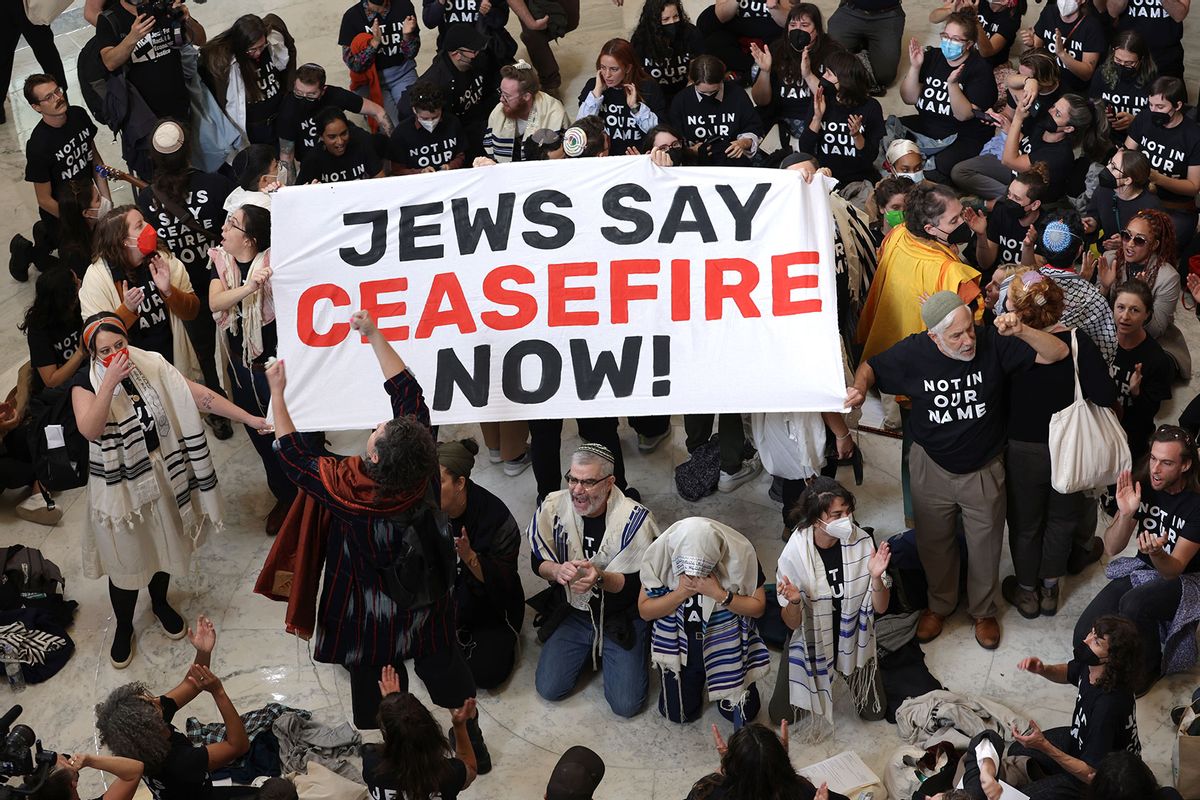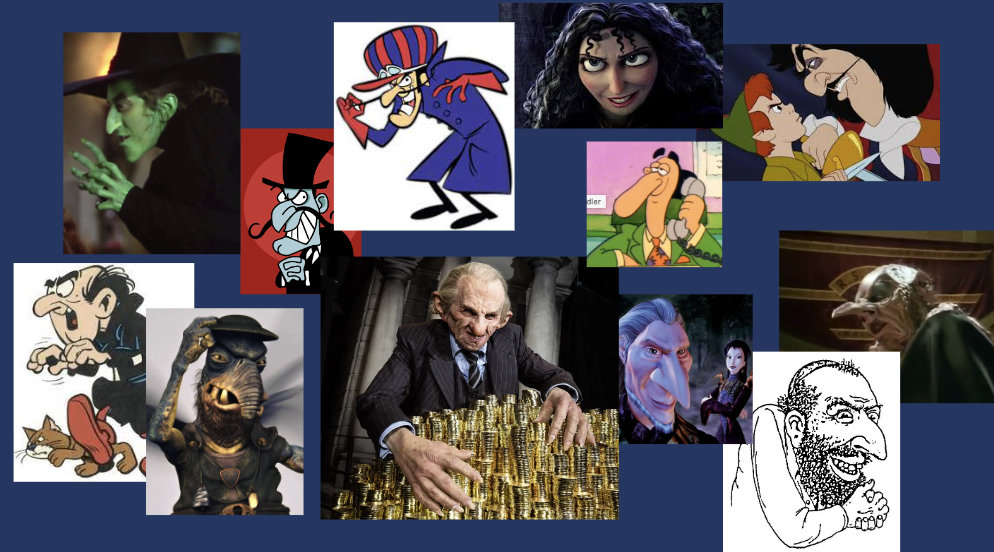The Limits of Storytelling
“We were slaves in Egypt, but now we’re free.”
This is the central message of the Passover seder that we return to each year.
The Passover story has endured for thousands of years. It’s story has captivated non-Jews and Jews alike. Why? For one, it’s essentially a feel-good, underdog story. It’s a story of hope and one that resonates because the fight for freedom has been an continuous part of the human experience.

Personally I have loved the Passover story because it has offered me new insights each year. For most of my life, the story was meaningful because it was a story about what it meant to be Jewish. For me, that meant being a survivor, being strong and hopeful, and adhering to one’s faith in the face of brutal repression. More recently, the Exodus story’s meaning has changed in the context of my identity as white Jewish person in the United States. My “freedom” takes place in a country and a world where many people are not yet free. As the seder approaches, I’m thinking about the power and the limits of storytelling to understand our world.
I love storytelling. I try to tell stories through my writing. I hosted storytelling events for teachers. And I loved to use stories as a teaching tool. Compared to other approaches like a lecture or a textbook, stories can engage and draw people in. That’s why storytelling is an incredible tool for passing along lessons and values. Stories can also teach empathy. Stories can offer us perspectives about lives different from our own.
But storytelling also has its limits, particularly when returning to the same story again and again. In doing so, it risks becoming rote and repetitive. Are we saying the same words over again to reinforce the same theme each time?
Depending on the story and the storyteller, stories can sometimes offer limited perspectives. For example the maggid tells us the story of the Jewish people’s Exodus from Egypt. The traditional story does not include the stories of Egyptian workers, women, or other characters who might have other perspectives. Some stories also have a narrow focus, and leave out larger context. Judaism has a rich tradition of expanding on our original texts through midrash and other approaches. Nonetheless, storytelling always involves making choices about what to include and what to leave out.
Further, stories tend to have a hero/villain structure. It’s human nature to see ourselves in the role of hero/victim. As a result, we miss opportunities to see humanity of victimizer and to face our own human shortcomings. This Passover I imagine many Jews will find resonance in the story by applying the role of the Egyptians to Hamas and the Palestinians just as easily as I am ascribing that role to the state of Israel. I wonder if anything can be done to break away from our reflex to interpret stories through the lens that affirms our righteousness?
Overall, stories as metaphors can be important teaching tools. But they can also be tragically inadequate, at times, as I feel the Passover story is this year. Israel’s war on Palestinians has brought about suffering that the Passover story can help us imagine but only to a point. The Passover story describes the suffering of the enslaved Jews. It includes the heartbreak of Jewish and Egyptian mothers over the loss of their sons. But can it actually help us to understand the extent of what we’re living through?
We are living in an era of technology the rabbis of the Haggadah could never have imagined: AI-assisted mass bombings, settlers on the rampage in the West Bank, mass starvation, the killing of people seeking aid and the people providing it… Is the story enough to help us face the widespread ambivalence and silence of U.S. citizens, the callous indifference and complicity of U.S. politicians? Will Pharoah’s hardened heart help us face Israeli Defense Minister Yoav Gallant’s words: “There will be no electricity, no food, no fuel… We are fighting human animals and we are acting accordingly.” It’s all more horrific than even the ten plagues of the Seder.
Jewish tradition commands us to retell the story of the Exodus each year. How we tell that story is up to us. We can use it to reinforce old narratives or we can grapple with it to face hard truths. We can push ourselves to see beyond its limitations and work together to write our own modern midrash, a story of freedom where no one is left out or left behind.
If you appreciated this post, please help me reach new readers and share with others!
Other Recent Writing

Undoing Zionism: “A way to honor my ancestors” | Salon.com
Jewish Americans explore life after Zionism
Other Recommendations for Reading/Listening/Watching
“Southern Republican Governors Are Suddenly Afraid” by Jamelle Bouie
“Columbia, Free Speech and the Coddling of the American Right” by Lydia Polgreen
